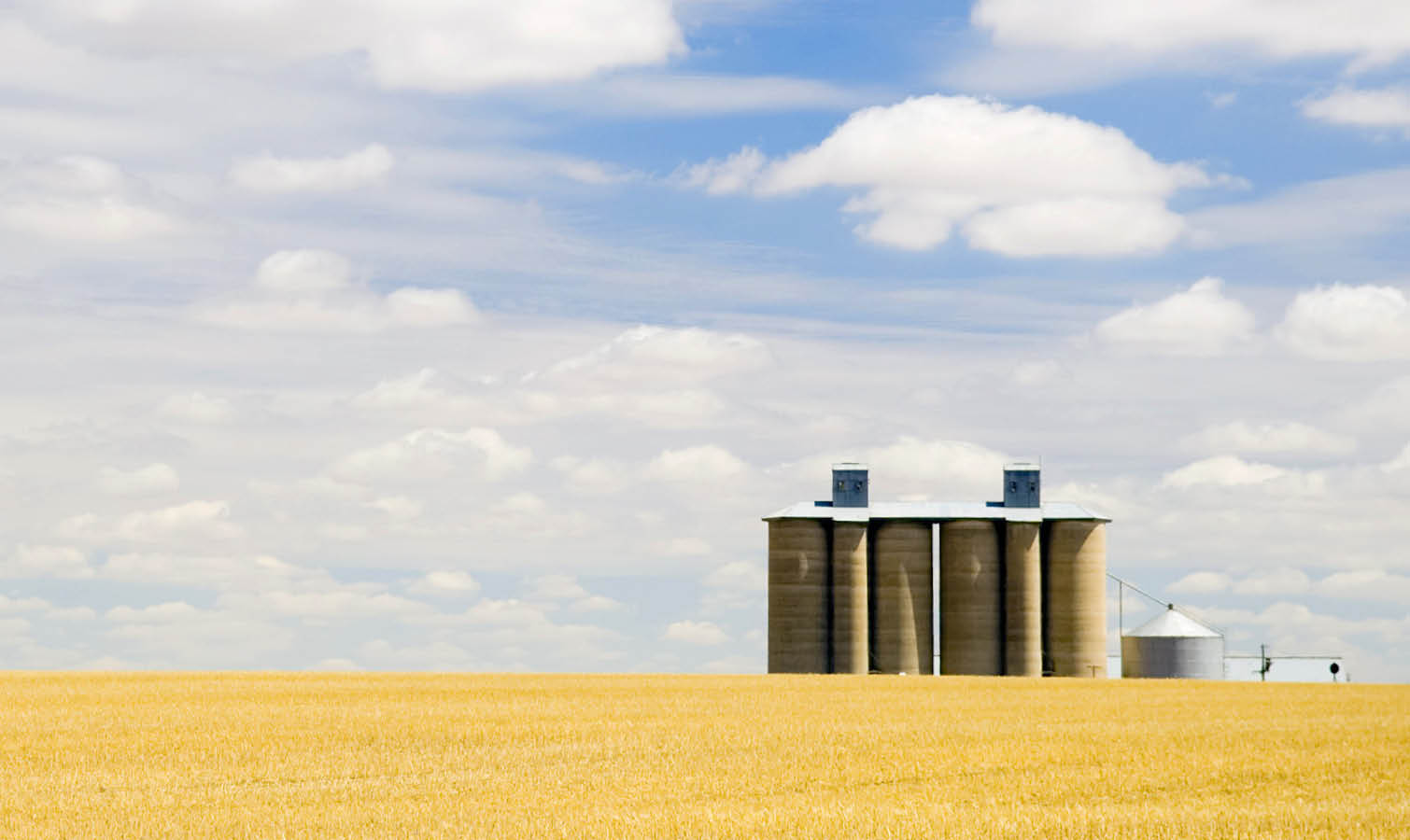
Australia’s recent announcement of an emissions reduction target of 62–70% below 2005 levels by 2035 will require effort from both public and private sectors to reduce the country’s greenhouse gas emissions. The Australian Carbon Credit Unit (ACCU) Scheme can incentivise private investment in the reduction of carbon emissions
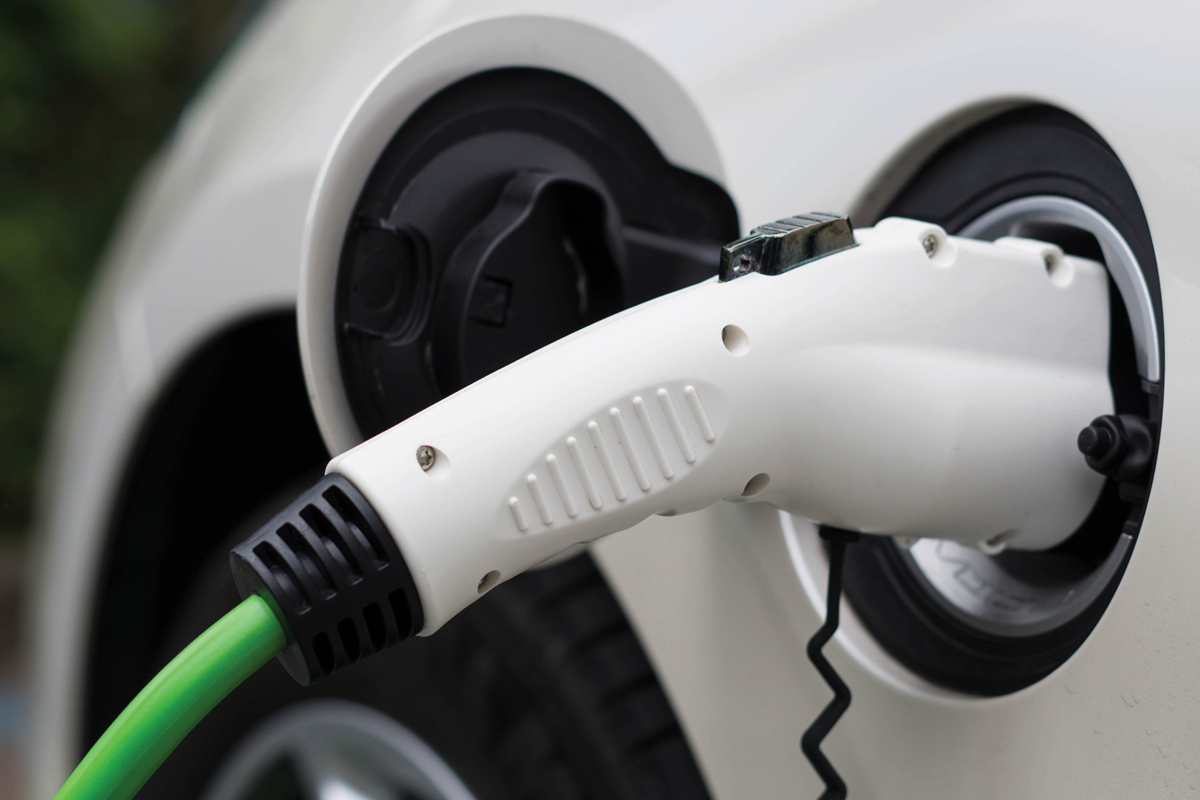
ATSE’s submission argues that different charging technologies for EVs are required in different situations and that opting for a mix of chargers at different speeds can provide choice and reduce the cost the EV infrastructure.

Western Australia can support emissions reduction both nationally and globally by leveraging its abundant renewable energy resources and transitioning to green exports. This will require co-investment in infrastructure, exploration of emerging technologies, and building up the STEM skilled workforce.
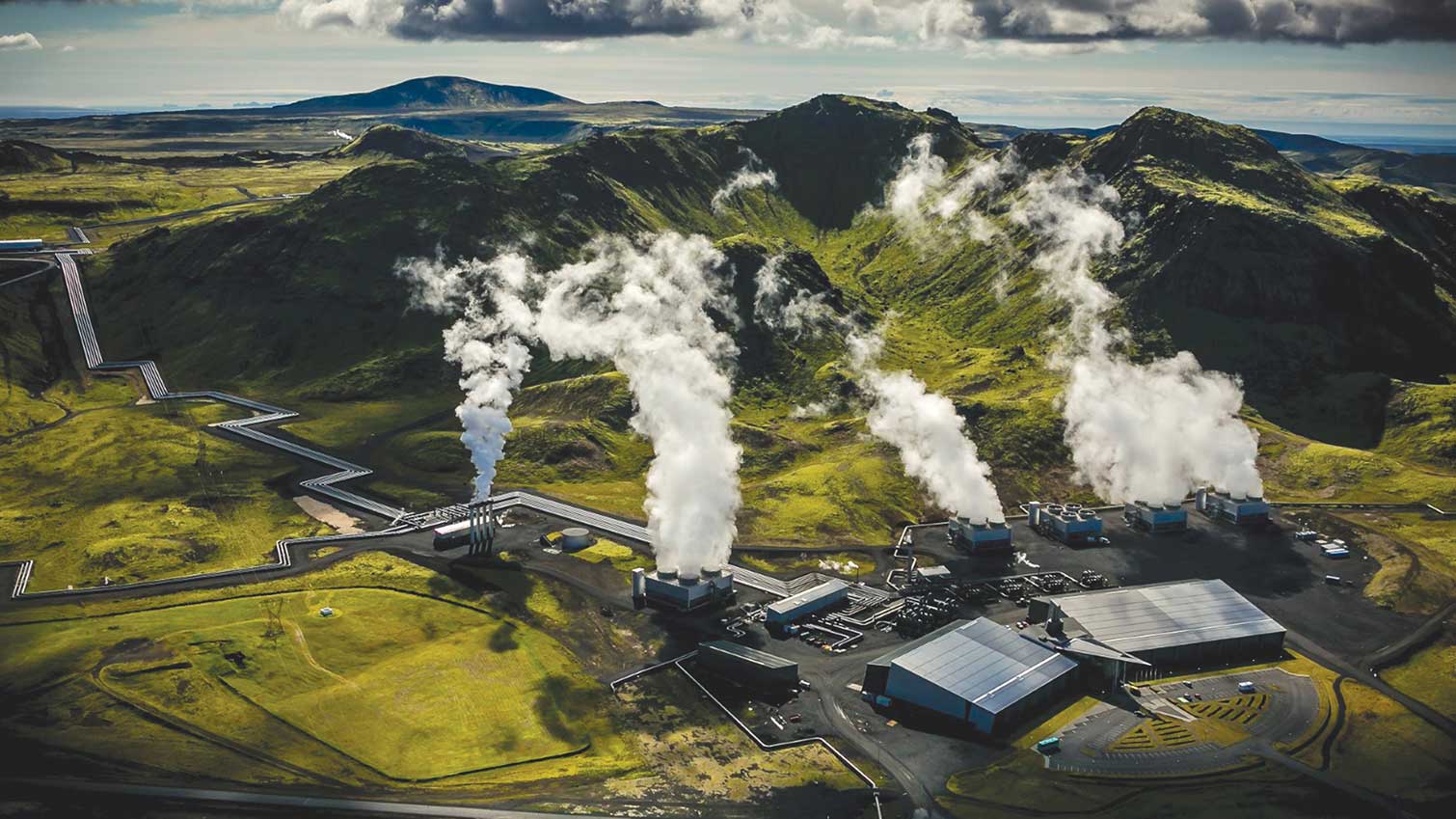
A submission to the Climate Change Authority consultation on their 2025 Annual Progress Report. ATSE's submission notes technology and policy options available to assist Australia to reach its emissions reduction targets.

Nuclear power may be an option for Australia in the coming decades, potentially occupying a supportive niche, providing dispatchable power in a high-renewables grid. While not presupposing the suitability of nuclear power for Australia, ATSE suggests that all technology options should be considered as part of Australia’s urgent decarbonisation project.
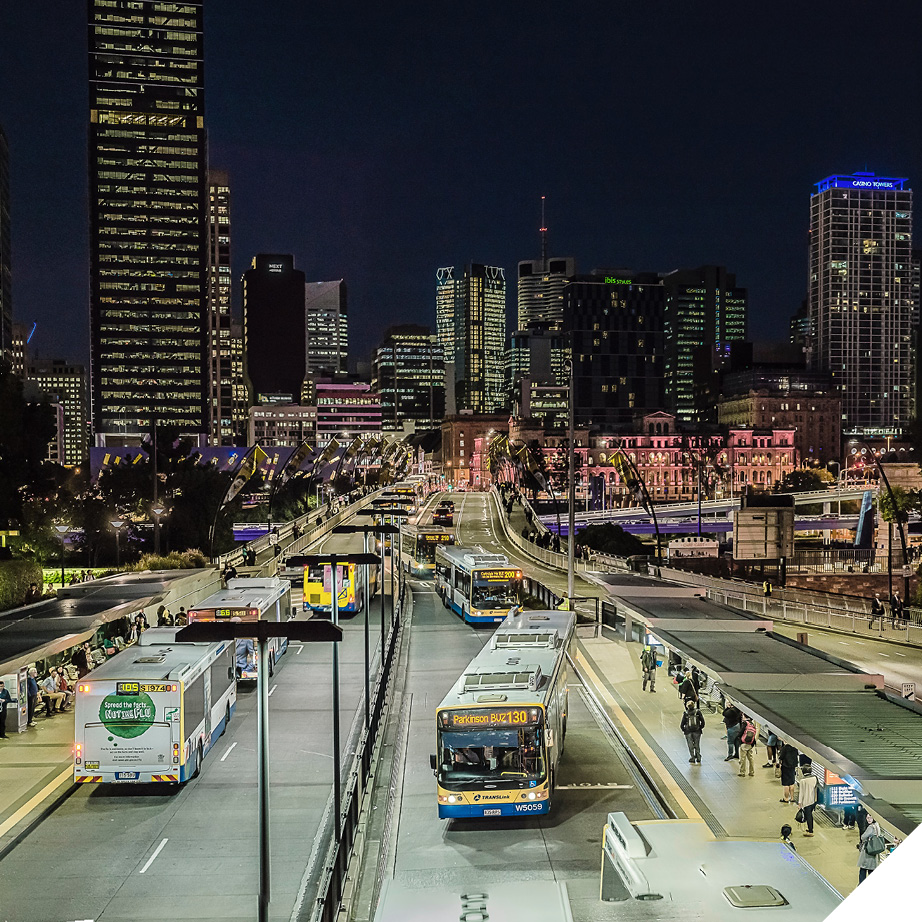
ATSE's submission to the Transport and Infrastructure Net Zero Action Plan outlines the importance of the transport sector the Australia’s zero emissions target, with transport expected to be the largest source of emissions by 2030.

SMRs could potentially form part of Australia’s future low-carbon energy mix, utilising existing transmission infrastructure and contributing to baseload power, or providing dispatchable power in a high-renewables grid. As an emerging technology, in 2024 the cost and operational performance of this technology has not yet been demonstrated.
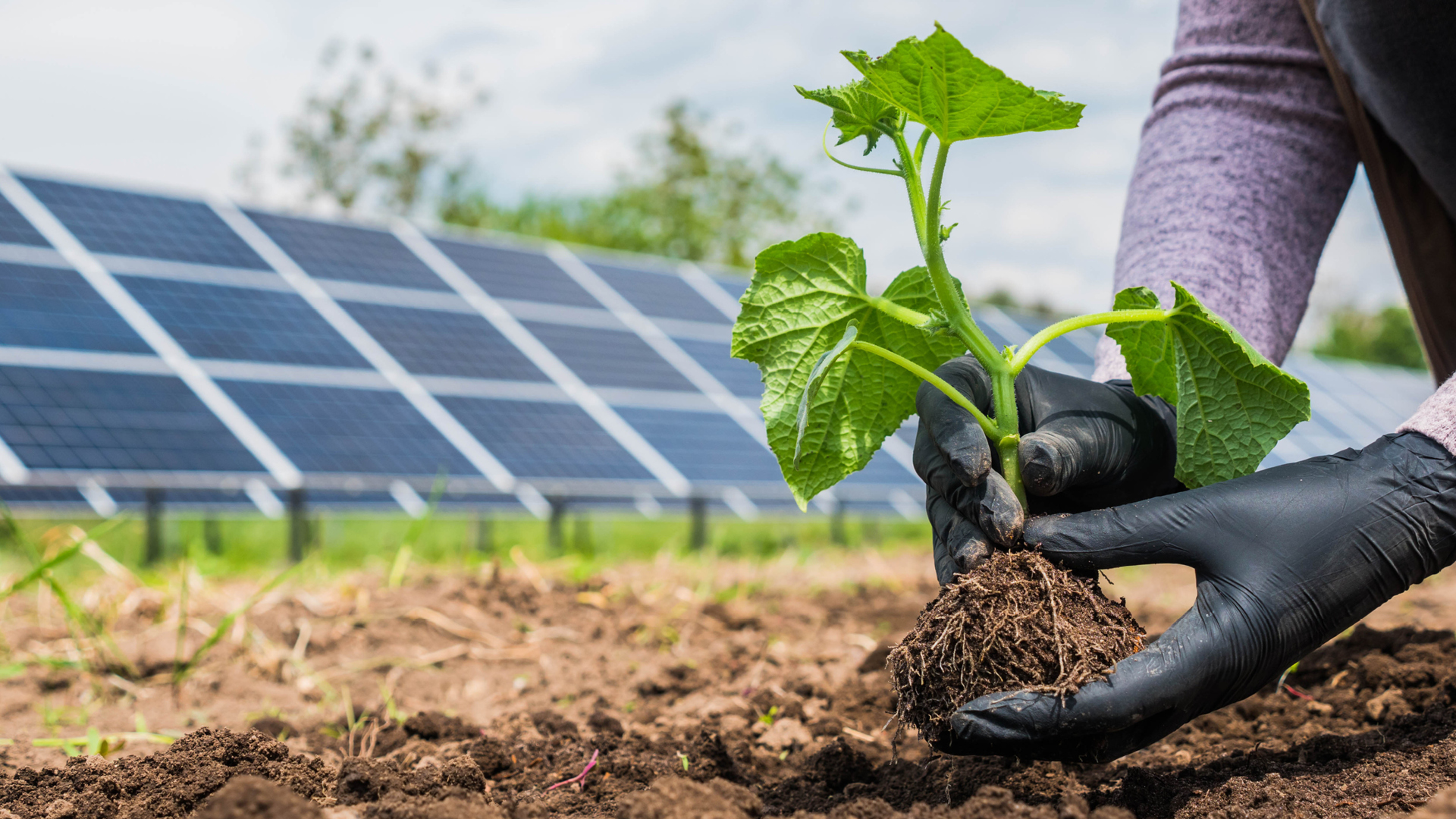
ATSE thanks the Climate Change Authority for the opportunity to comment on the 2024 Issues Paper. Setting 2035 emissions reduction goals is particularly timely in the context of the Government’s six sectoral plans for decarbonisation.